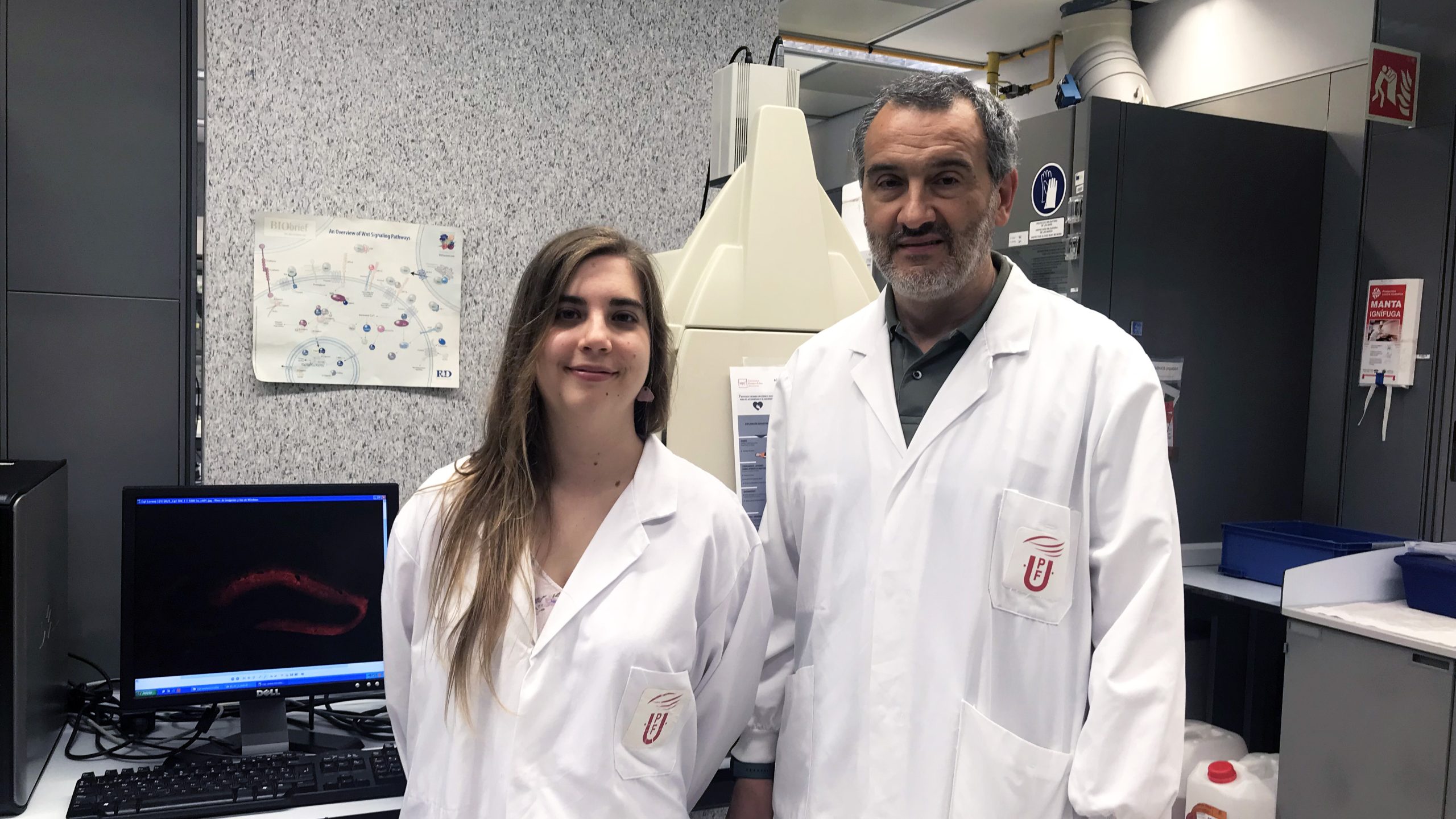Transcriptional Signatures Sensitive to Cognition-Improving Pharmacological Treatments in Fragile X Syndrome

Principal Investigator
FRAXA Fellow
Barcelona, Spain
Summary
The Fragile X field needs biomarkers to accurately measure the effects of potential treatments in both Fragile X mice and in humans. Dr. Ozaita and his team have found molecular features in the brain that can serve as an objective signature for the syndrome. They will use this tool to test cannabidiol and two other drugs in mice. They will also explore the molecular signature in the human brain, to identify common features between mice and humans that could serve as relevant biomarkers of treatment efficacy.
What they learn will help identify which drugs could best help people with Fragile X.
The Science
Mice which mimic the genetic alteration in Fragile X syndrome (FXS), such as the Fmr1 knockout (Fmr1-KO) mouse, allow scientists to study the alterations derived from the mutation and assess novel potential therapeutic strategies. Our team first identified the cannabinoid type-1 receptor (CB1R) as a potential treatment target for FXS. Inhibiting this receptor improved learning as well as neurological features in Fmr1-KO mice.
Recently our team identified molecular features (transcriptional profile) that constitute a Fragile X molecular signature (FX-MS) for Fmr1-KO mice. This FX-MS is significantly modified by a cognition-improving pharmacological treatment which targets CB1R. This in turn allowed us to identify a treatment-dependent molecular signature (T-MS).
In this project, we plan to extend our unbiased molecular analysis to test three potential FXS treatments (BPN14770, CTEP, and cannabidiol), all of which improve memory performance in Fragile X knockout mice. Additionally, we will further assess the molecular signature in neuron-derived extracellular vesicles obtained from the same mice exposed to treatment. We will look for signatures of treatment resistance (drug tolerance), since this potential drawback has been described for repeated intervention with CTEP. Importantly, the translational relevance of the FX-MS will be extended with the study of molecular signatures in post-mortem hippocampal tissues from subjects with FXS and matched controls.
Together, our experiments will identify translational molecular signatures for FXS that are sensitive to pharmacological approaches found to resolve cognitive deficits in Fmr1-KO mice. The expected results will enable us to define biomarkers to be used in clinical settings as measures of treatment efficacy and/or resistance.
Meet the Scientist
Dr. Andres Ozaita has conducted research on Fragile X for many years as an Associate Professor at the Universitat Pompeu Fabra in Barcelona, Spain. His important work on endocannabinoid receptors in Fragile X has provided a foundation for exploring treatments like CBD (cannabidiol).

